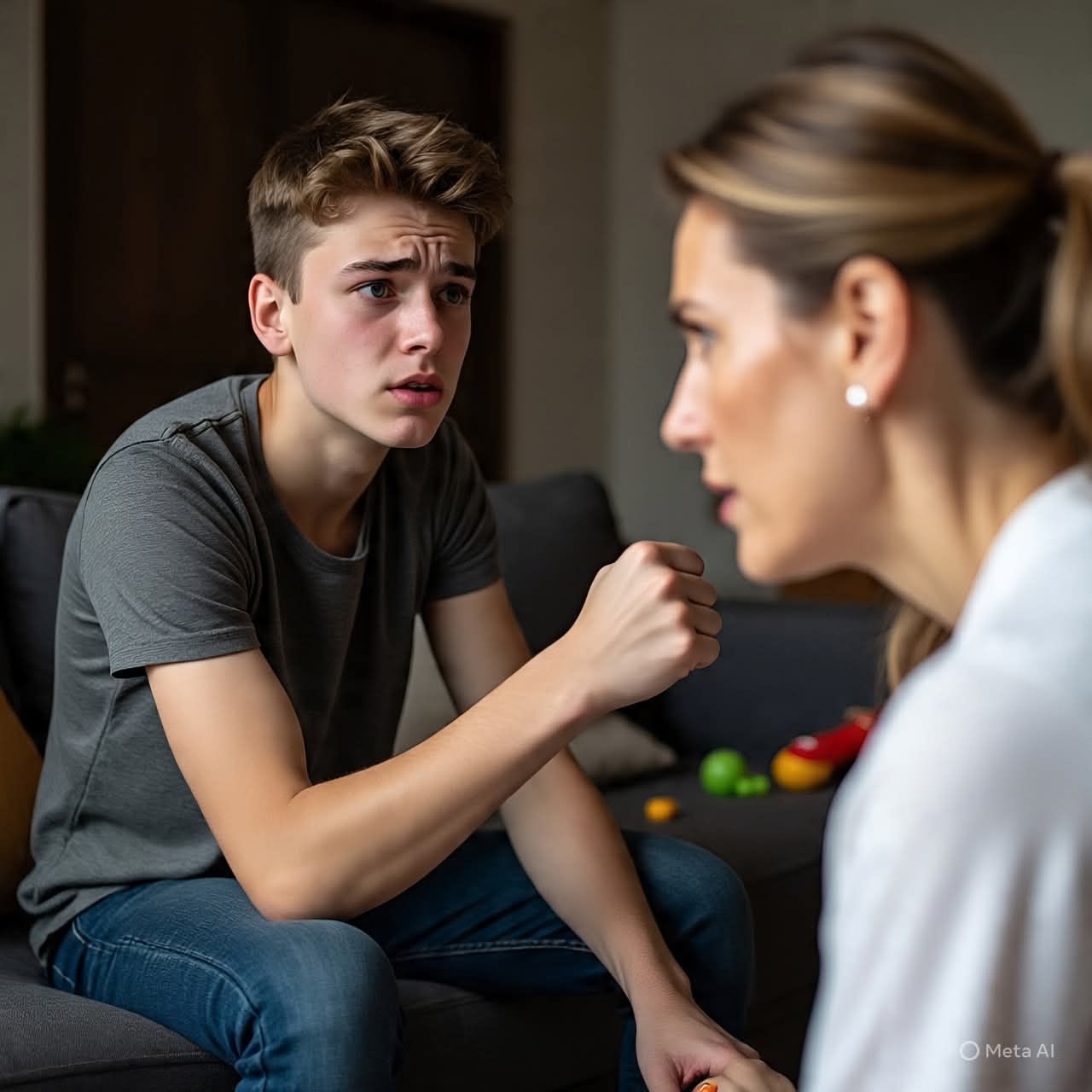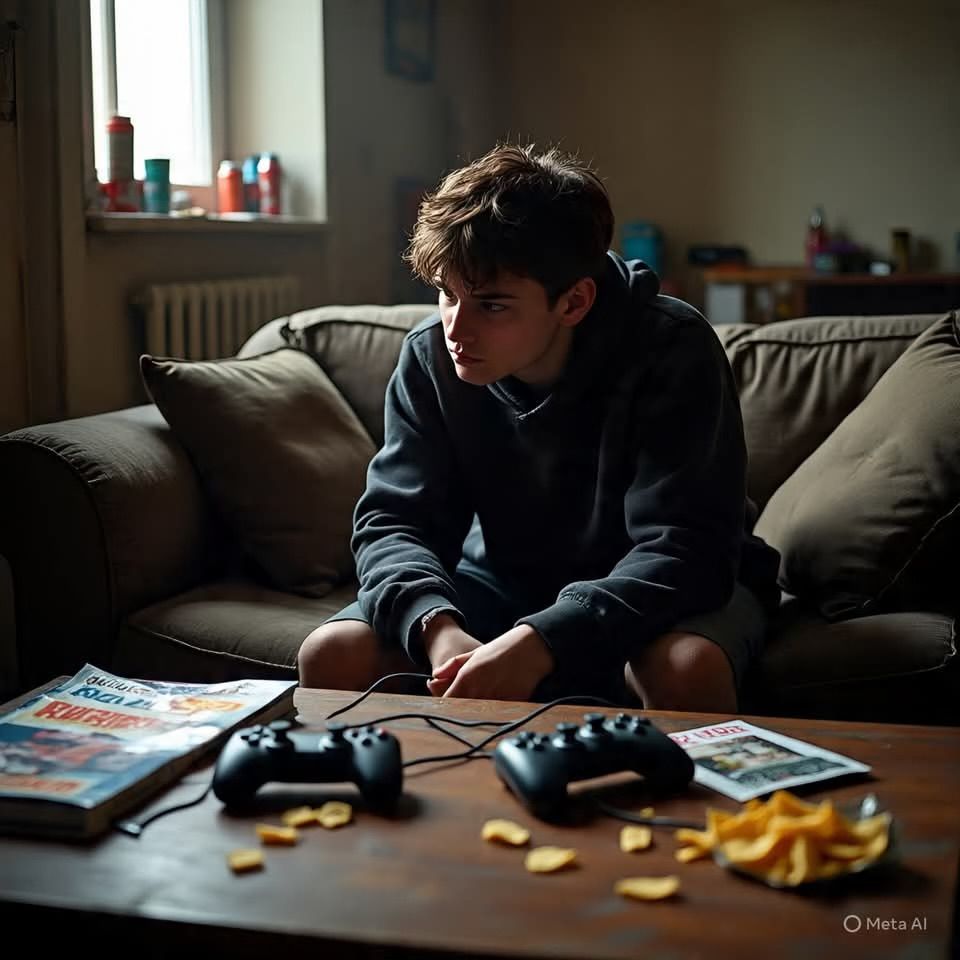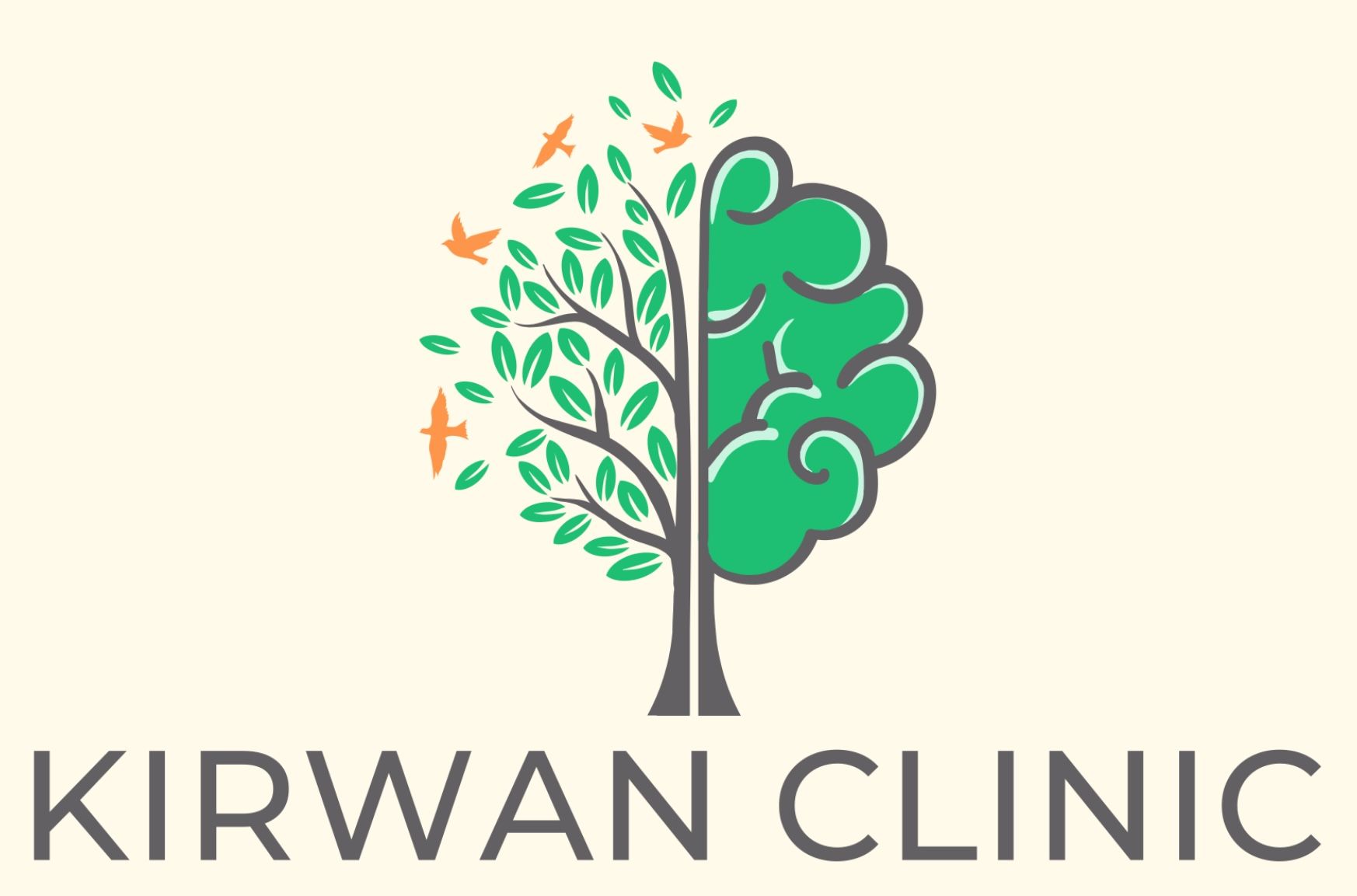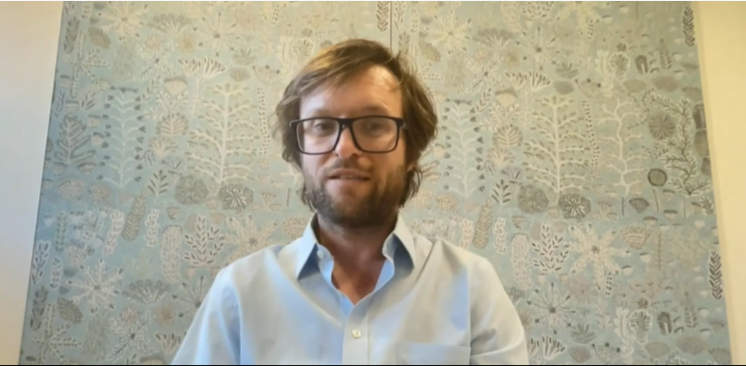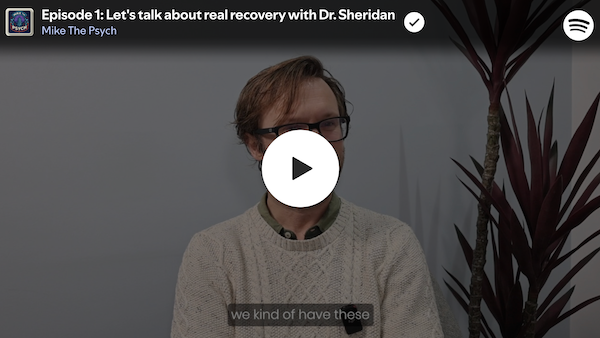The Myth of Rejection: Three Tips to Help You Focus More on Compatibility and Less on Fear
Most of us have felt the sting of rejection at some point - whether it's a friend drifting away, a date not texting back, or feeling left out in a group. It’s a very human experience. But for some people, this feeling goes deeper and lingers longer. This is known as rejection sensitivity, and it can make social and romantic interactions feel like walking a tightrope.
The good news? Often what we perceive as rejection is actually something else entirely: a lack of compatibility. And when we reframe it this way, we can start to feel a lot less anxious and a lot more empowered.
Understanding Rejection Sensitivity
Rejection sensitivity is more than just a dislike of being left out - it's an intense emotional response that can shape how we think, feel, and behave in relationships.
It’s completely normal to want to be accepted. In fact, our ancestors’ survival depended on it. Living in tribes meant that being excluded could literally be life-threatening. So it makes sense that our brains evolved to fear rejection and avoid it where possible.
But for some, especially sensitive individuals, this fear can become exaggerated. It often stems from earlier life experiences - perhaps being treated critically or coldly by parents or siblings, facing bullying or social exclusion at school, or going through painful romantic breakups. Over time, the brain starts seeing social situations as dangerous territory.
In therapy (particularly Cognitive Behavioural Therapy (CBT)) we often talk about the interaction between thoughts, feelings, and behaviours. People with rejection sensitivity often hold negative core beliefs like:
- “I’m boring.”
- “I’m too much.”
- “People don’t like me.”
- “Others are critical or quick to judge.”
These beliefs lead to protective behaviours like withdrawing from social situations or ‘playing it safe’ by presenting a bland, edited version of ourselves. Unfortunately, this can become a self-fulfilling prophecy: people don’t get to know the real you, so deep connection doesn’t happen, reinforcing the fear that you’re somehow not enough.
But what if rejection wasn’t really about you at all?
Reframing Rejection: It’s About Compatibility, Not Your Worth
Imagine Mozart performing at a heavy metal concert. If the crowd didn’t love his music, should he feel rejected? Of course not. It’s not that his music is bad - it’s just not compatible with that audience.
That’s what’s often happening when we feel rejected: it’s not about our value as a person, it’s about the fit. So here are three practical tips to help you focus less on rejection and more on compatibility:
Tip 1: Compatibility Isn’t Universal
You don’t need to be loved by everyone - and frankly, trying to be would be exhausting.
I often ask clients to imagine going to a house party and talking to 50 different people for five minutes each. How many would they expect to feel an instant connection with? Maybe 5, possibly fewer.
Some people you’d click with right away. Others you’d find “just okay.” And some you probably wouldn’t enjoy at all. That’s not a personal failure - it’s just how human chemistry works.
Tip 2: Compatibility is Subjective
Think of it like listening to 50 random songs on Spotify. A few you’ll love, a few you’ll dislike, and the rest? Just okay. If you skip a song, you're not insulting the artist - you’re just saying it’s not your vibe.
It’s the same with people. Just because someone doesn’t “click” with you doesn’t mean you’re boring or flawed. It just means your personalities, interests, or communication styles aren’t the right match.
Importantly, people don’t usually reject you as a whole - they’re responding to what you’ve shared so far. And that means there’s always room to explore other points of connection.
Tip 3: Compatibility is About Common Ground
Think of a conversation like a picnic where both people take turns bringing out snacks. A great conversation happens when both people love what’s on the blanket.
But what if you only bring out super safe, generic snacks because you’re afraid the other person won’t like the real you? Or worse, what if you don’t bring anything at all?
People with rejection sensitivity often hold back or stick to ‘vanilla’ conversation to avoid risking disapproval. But this limits your chances of finding real compatibility. The more open you are, and the more you pay attention to what the other person is passionate about, the more likely you are to find real points of connection that spark genuine interest for both people. And when it clicks, it feels amazing.
Final Thoughts: It’s Not Rejection - It’s Just Not the Right Fit
Feeling rejected can hurt. But most of the time, it’s not about your worth as a person - it’s about compatibility. Not everyone can be your favourite person, and the same goes the other way round: and that’s ok, it doesn’t mean you’re doing anything wrong.
Reframing rejection experiences in this way can help you feel freer and braver to be yourself. And that’s where the magic happens - when you start sharing more of the real you, you give others the opportunity to genuinely connect with you. Sometimes it won’t click, and that’s okay. But some times it will - and those are the relationships that truly matter.
Let compatibility, rather than fear, be your compass. Because when you find your people, you won’t have to work so hard to be accepted, you’ll simply be yourself: this seems like it’d be worth a few slightly awkward picnics here and there.


